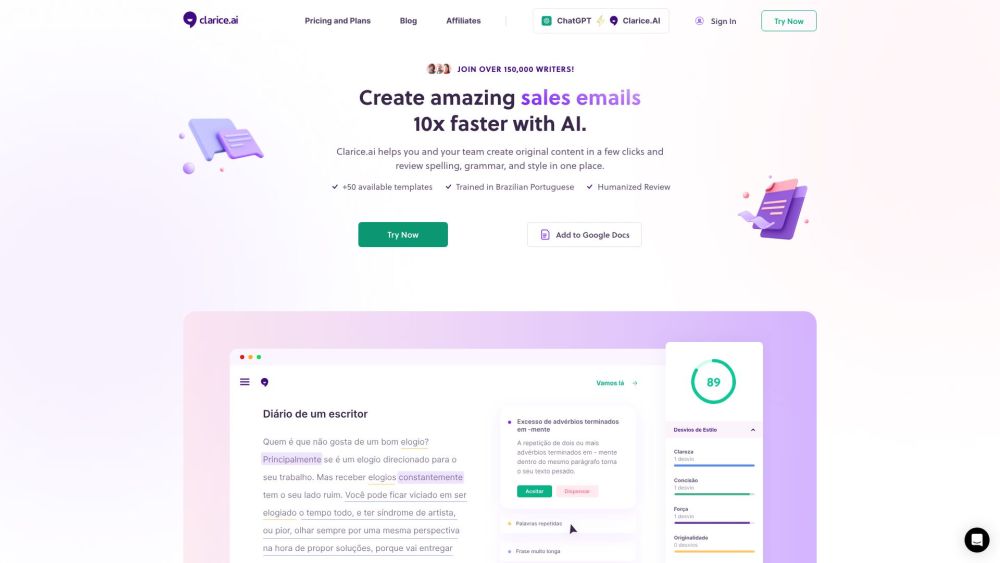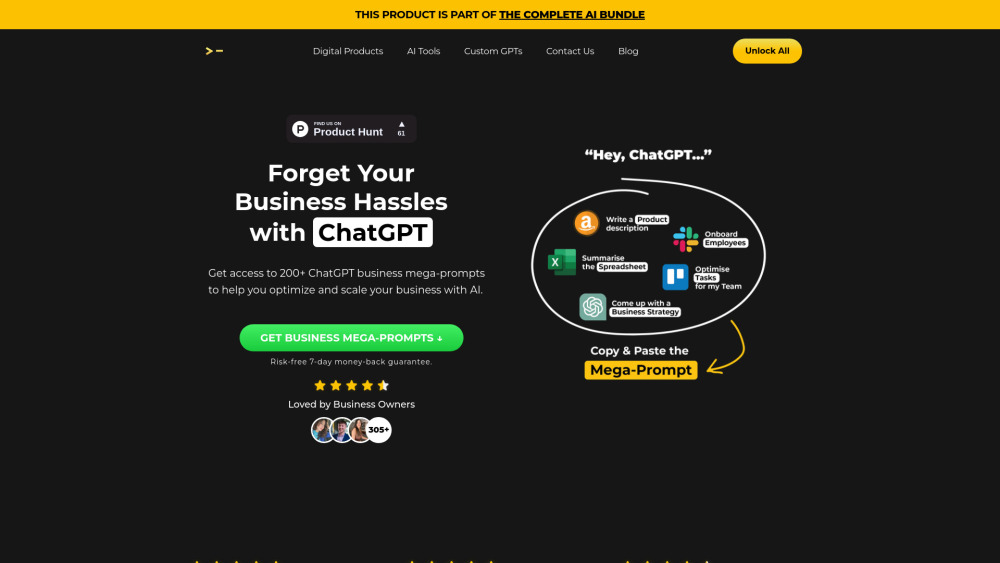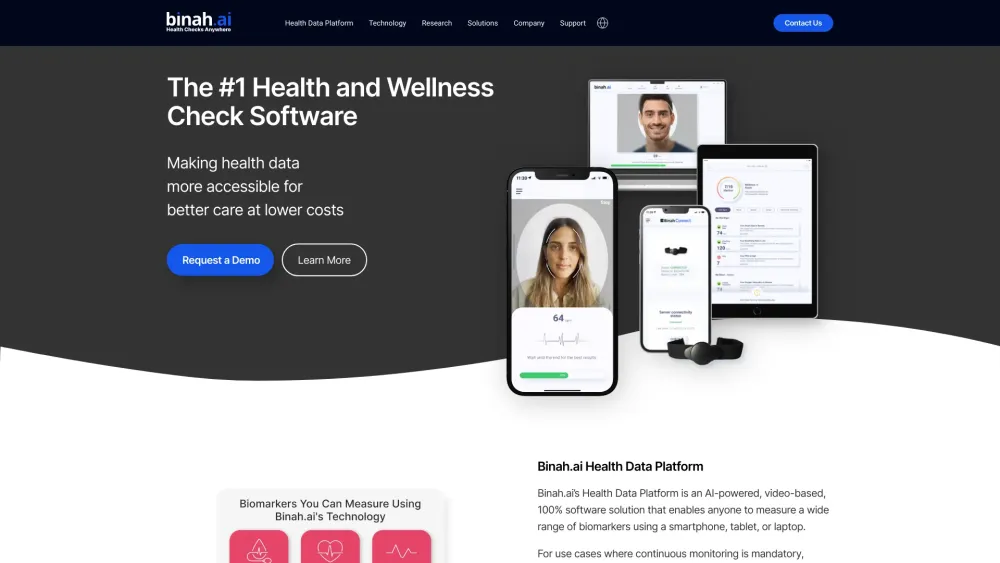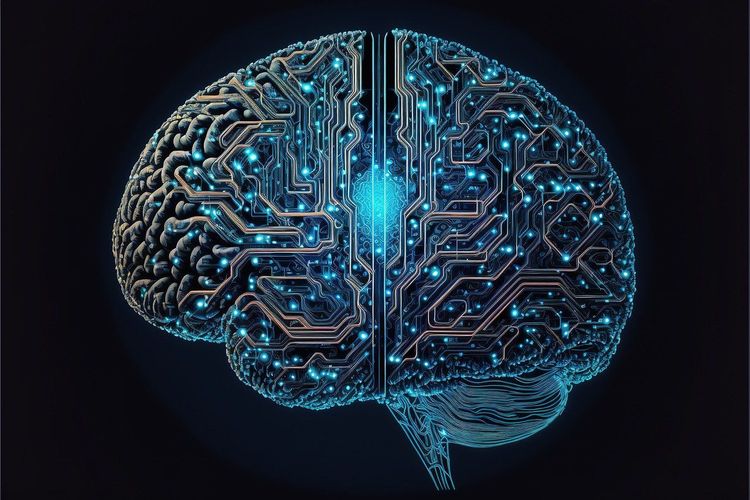Can AI Fully Replace Human Translators? Not Anytime Soon.
While AI translation technology can yield “accurate” results, it often falls short in capturing the rich vocabulary and emotional nuances found in human translations. AI models primarily rely on statistical probabilities rather than personal experiences, resulting in translations that resemble dry, textbook renditions of the original text.
For many businesses, however, accuracy is king, making the AI translation industry particularly appealing. Smartcat, launched in 2016, stands out among providers of automated translation tools designed for enterprises. Co-founder and CEO Ivan Smolnikov reports strong demand for their services.
“We serve over 1,000 corporate clients, including 20% of the Fortune 500,” Smolnikov noted. “Most of our customers are large global enterprises, but we also work with several local and international government agencies.”
Before launching Smartcat, Smolnikov was a physicist at the Russian Academy of Sciences, focusing on fiber optics materials. After two years of research, he shifted gears to entrepreneurship by founding the language services company ABBYY LS. It was here that Smartcat was incubated before becoming independent in 2016, the same year Smolnikov stepped down from his board position at ABBYY.
“I founded Smartcat to transform the traditional translation agency model, which relies on cumbersome, manual processes,” said Smolnikov. “Our AI platform caters to a variety of applications for enterprise clients managing multilingual content.”
Operating out of Boston, Smartcat offers comprehensive tools, applications, and managed services tailored for translating written and spoken content—such as e-learning courses, websites, documents, and software—into approximately 280 languages. While Smartcat does not train its own AI translation models, it utilizes a “matching engine” that identifies the most suitable third-party models based on the content and target language.
Smartcat does refine translation models when necessary, particularly when clients possess extensive databases of frequently translated phrases they want the system to remember. Acknowledging the occasional inaccuracies of AI, Smartcat also connects clients with a network of translators and editors available for a fee. “Our customers can choose various translation options, including AI, human, or a hybrid approach—automatic translation with professional editing,” Smolnikov elaborated.
In the past, some translators on Reddit raised concerns about Smartcat's dealings with non-paying clients. Smolnikov clarified that these issues have been resolved and that translators set their own rates, with Smartcat charging a nominal fee of 2% to 8% depending on job volume and geographical factors.
Despite the growing number of companies offering AI-powered translation services, including EasyTranslate, D-ID, DeepL, Lilt, and Lengoo, Smolnikov sees Smartcat primarily competing against traditional translation agencies and in-house teams. “Historically, businesses outsourced translation work to agencies or relied on insourcing, which often struggled to scale effectively,” he explained. “Smartcat’s dedication to high-quality language AI offers a viable alternative.”
Investors support Smartcat’s vision, as evidenced by its recent $43 million Series C funding round led by Left Lane Capital, bringing the total funding to $70 million. Smolnikov plans to use this new capital for team expansion, product development, and ongoing marketing efforts.
Vinny Pujji, managing partner at Left Lane Capital, praised Smartcat’s early market positioning: “With a diverse customer portfolio, Smartcat is uniquely positioned to enhance its product offerings and maintain its competitive edge.”
These competitive advantages could lead to significant financial returns if optimistic predictions for the AI translation market materialize. According to Grand View Research, the global machine translation market, valued at $978.2 million in 2022, is expected to grow at a compound annual growth rate of 13.5% from 2023 to 2030.





